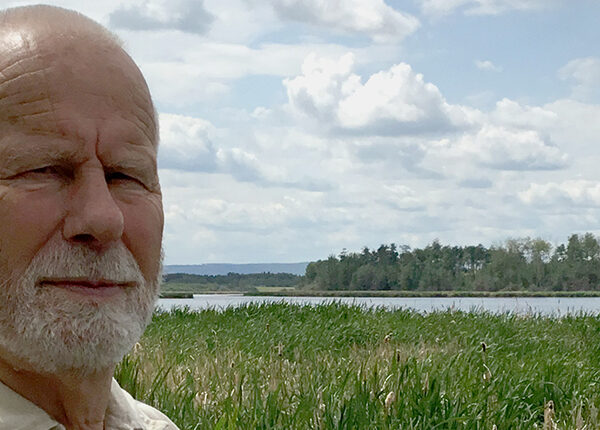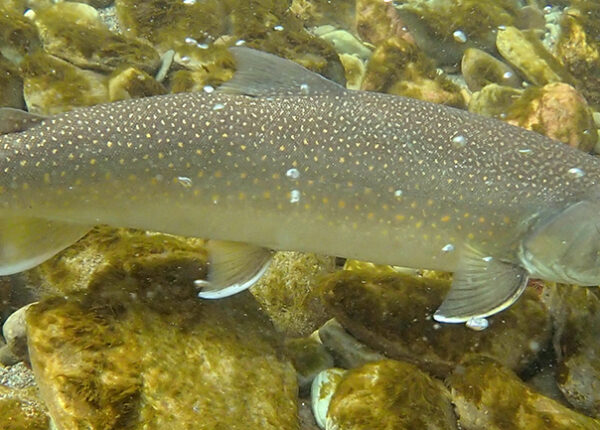Enhancing Calf Survival in the Klinse-Za Caribou Herd
The Klinse-Za (Moberly) Caribou herd has declined rapidly over the past two decades. To aid in the reversal of this decline, this project will increase the likelihood of cow and calf survival by capturing 10 to 15 pregnant cows, keeping them in a protective pen during birthing, and continuing the protection until the calves are approximately six-weeks old. This is a collaborative project with West Moberly and Saulteau First Nations.
This project will be the third year of an ongoing maternal penning project. The project has reversed the earlier trend of rapid decline. In 2014, the project added four calves to the population and in 2015, five calves were added. The estimated overall population of adults and calves in 2014 went from 40-41 animals, to an estimated 46 animals in 2015 (unpublished Pate). For 2016, the target is to add 10 calves and bring the total number of caribou to 52 animals. (note: there are natural mortalities in the herds so there will not be a one-for-one result). By ensuring that more calves survive to maturity and breeding age through this maternal penning project, the goal is to save the herd from extirpation.
The primary short-term goal is to stop the rapid decline in the Klinse-Za and Scott East Caribou herds and reverse the trend towards extirpation. This maternal penning project provides protection from predators during the critical calving and early rearing stages, and enhances feeding. The penning and enhanced feeding, greatly increases the chances of survival of caribou cows and calves. Predator control efforts by the B.C. government, West Moberly and Saulteau First Nations, have complemented the maternal penning project and the predator control will continue for 2015/16.
Learn more about this project.





